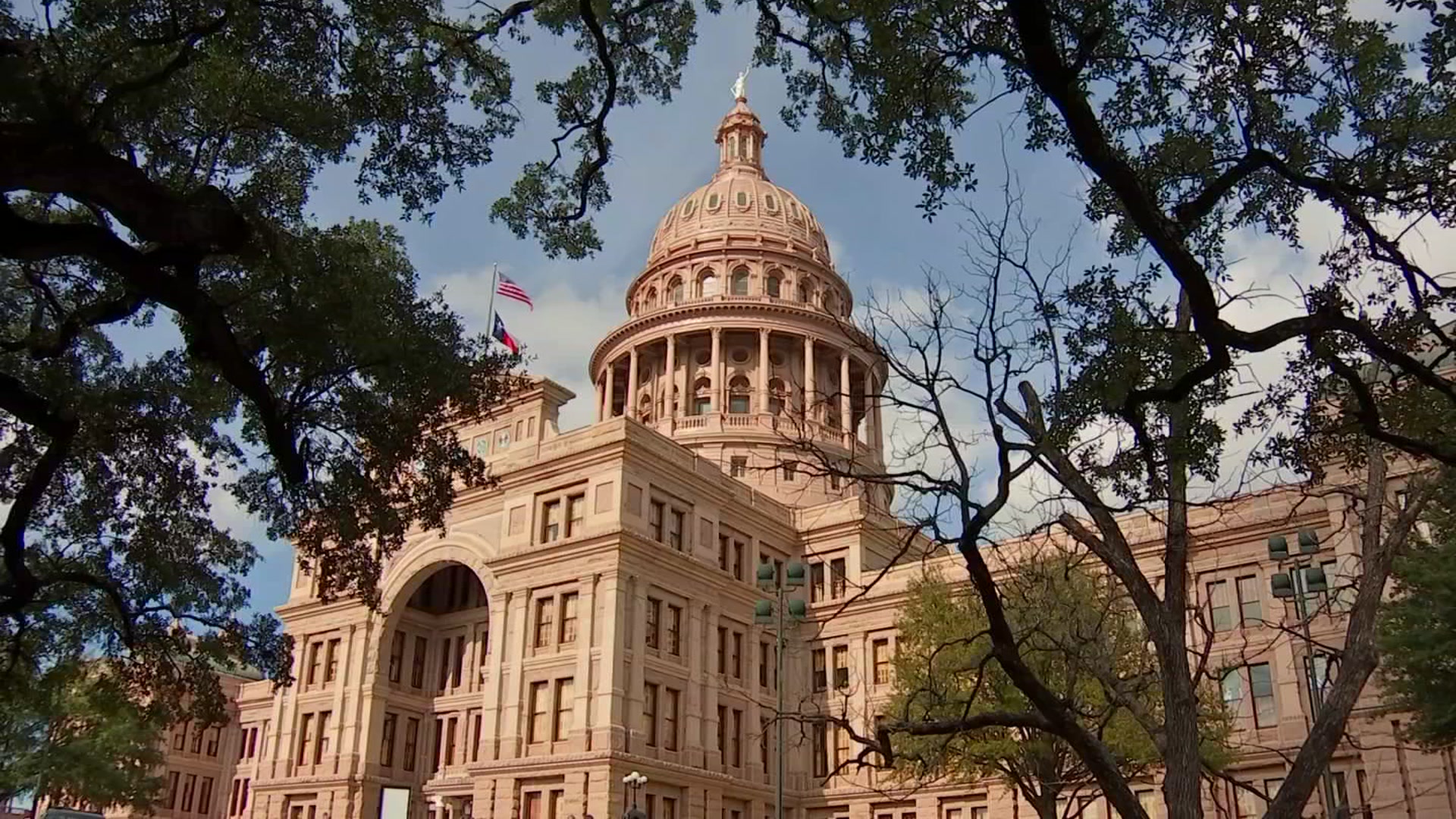The sometimes hidden history of racism was unveiled for all to see with an exhibit called "Fair Park Uprooted" in the Music Hall lobby Thursday.
The Fair Park experience for Black people was much different than for whites over the years.
Watch NBC 5 free wherever you are
Black people had to sit in the Music Hall balcony when Fair Park neighbor Lucy Cain grew up and could not visit the State Fair of Texas when white people were there.
“We could only go one day a year. It was called Negro Achievement Day,” Cain said.
Get top local stories in DFW delivered to you every morning with NBC DFW's News Headlines newsletter.
But she was front and center Thursday as a participant at the unveiling and also a speaker in the video portion of the exhibit.
“We are very pleased with the fact that this exhibit will be here for everybody coming to see our shows at the Music Hall,” said Broadway Dallas CEO Ken Novice.
Among the most egregious piece of Fair Park history for African Americans is the uprooting of hundreds of families to make way for parking lots.
Local
The latest news from around North Texas.
“The city had decided to get all the colored people from around the Cotton Bowl. The Cowboys played at the Cotton Bowl,” said Peter Johnson, a civil rights activist.
Johnson arrived in Dallas in 1969 to promote a documentary about Martin Luther King Jr. who had been assassinated the year before.
Johnson wound up adopting the cause of Fair Park homeowners who were being forced from their neighborhood.
“They ended up getting more money than was offered and also relocation money to help them relocate but it was still a pittance,” Johnson said.
Longtime activists and residents recalled that history on the 60-year anniversary of King’s appearance at the Music Hall.
“On that night, over 200 white segregationists showed up to try to keep Dr. King from speaking. They considered him an outside agitator and danger,” community activist Marilyn Clark said.
A sold-out play inspired by Johnson’s work through those years is running at a smaller Fair Park theater through Sunday across from the Music Hall display.
“It is progress. And the progress is like a snail when it comes to these issues, but it's evidence of progress,” Johnson said.
Clark said many South Dallas residents today may be unaware of the struggle through the 50s, 60s and 70s.
“It’s why this project is so important,” she said. “We can’t hide what happened in the past. We’ve got to bring it out, get fresh air to it. We’ve got to reclaim it, put sunshine on it, where we can see it and hear it, otherwise we will repeat it.”
Funding for the Music Hall exhibit also came from the Addy Foundation.



